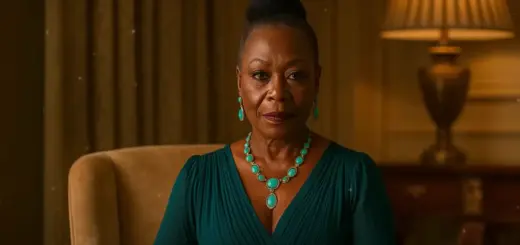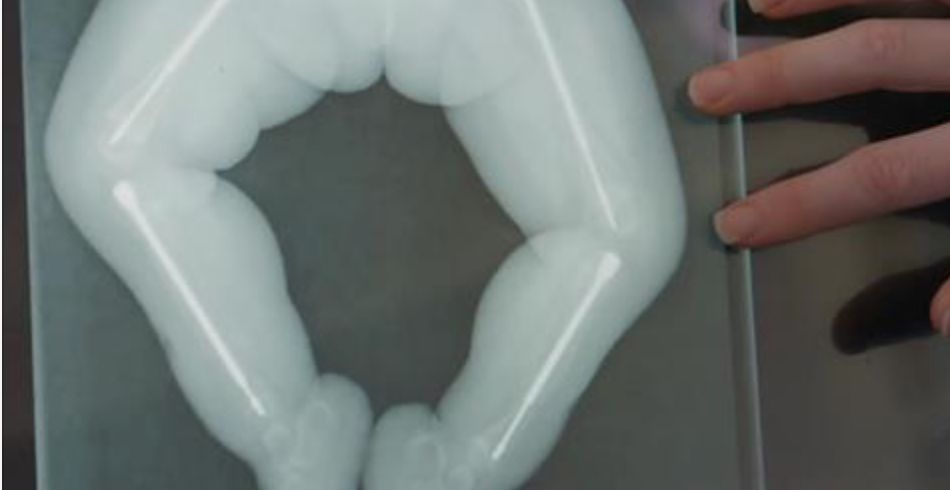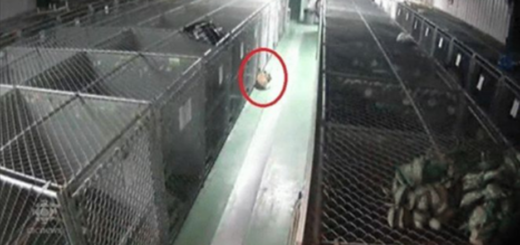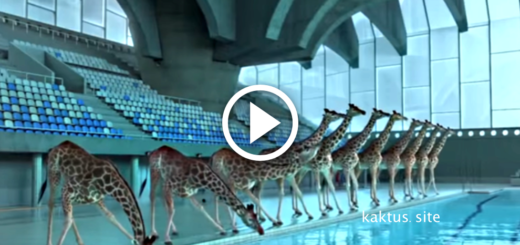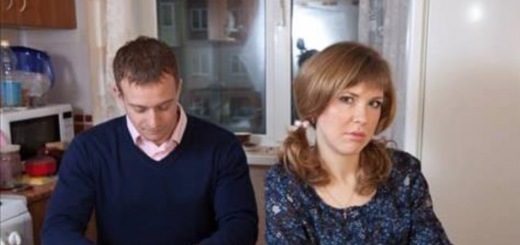And when he returned to the small apartment above the bakery, Isabella met him at the door with quiet strength. «You’ve changed more than my life,» she said simply. «You’ve changed my daughter’s future.»
Richard nodded, humbled. «She changed mine first.»
It was the truth he carried with him everywhere now. Not the numbers, not the headlines, but the memory of an empty lunchbox and the promise he had made to fill it—not just for one child, but for many.
Spring came slowly to Florence, carrying with it a sense of renewal that Richard Cole had never experienced before. For years, his calendar had been marked by earnings calls, business trips, and quarterly reviews. Now, his days were measured by smaller moments: the sound of Sophie’s laughter in the schoolyard, Isabella’s voice growing stronger with each passing week, the ordinary rhythm of a life that was no longer about control but about presence.
Isabella had accepted her new position at the factory, this time not behind a sewing machine, but in a managerial role. Richard had insisted on it not as a gift, but as recognition of the loyalty and skill she had already proven. At first, she resisted, suspicious that it was charity wrapped in formality, but over time, she realized he meant what he said. She had earned it long before he ever stepped into her life.
Each morning, she walked to work with her head held higher, her steps steadier, her voice carrying more authority. The same workers who had once seen her as another casualty of the layoffs now looked to her as someone who had come back stronger. Sophie thrived in her own world. No longer hiding in the corner of the cafeteria, she had become the unofficial hostess of the new meal program, greeting classmates and teachers as if the whole initiative had been her personal idea.
She carried her sunflower lunchbox proudly, though it was now filled with real food each day. Sometimes she still played her restaurant game, but this time she had real plates to serve, and she shared them with joy. Her teachers noted her confidence, her eagerness to learn, and her way of drawing others into her orbit. She was no longer the quiet child pretending; she was leading, and she was blooming.
Richard found himself drawn deeper into their lives in ways he hadn’t planned. He stopped thinking of visits as obligations and began seeing them as anchors. Dinners at Isabella’s small kitchen table became the highlight of his week. The meals were simple—soup, bread, fresh vegetables from a nearby market—but they carried a warmth he had never known in the dining rooms of his estates. Sophie told stories with wild hand gestures, Isabella listened with amused patience, and Richard discovered the quiet beauty of just being present.
One evening, Sophie handed him another drawing. This one showed a home with three windows and a garden out front. Inside the house were three figures: a woman, a girl, and a man in a suit without a briefcase. She had drawn them holding hands.
«That’s us,» she explained matter-of-factly. «It’s our house when we’re all together.»
Richard stared at the drawing longer than he meant to, his throat tightening. It was not the kind of future he had ever imagined for himself, but in the bright colors of a child’s imagination, he saw a truth he could no longer deny: they already felt like family.
Isabella noticed the look in his eyes and spoke carefully. «You’ve done more than anyone could have expected. You’ve given Sophie hope again. You’ve given me back my dignity. But you don’t owe us more than that.»
Richard shook his head. «It isn’t about owing. It’s about wanting to stay, about choosing to stay.»
She looked at him quietly, as though weighing whether she could believe him. For years, she had carried the burden of survival alone, trusting no one but herself. Allowing someone else into that circle was not easy, but the way Sophie clung to him, the way her eyes lit up when he arrived, had already written him into their story.
As the weeks turned into months, the three of them built a rhythm. Richard learned to shop for groceries, to sit through Sophie’s school presentations, to walk with Isabella through the city streets without bodyguards or press. He discovered he could find joy in the most ordinary acts: helping Sophie with homework, carrying laundry up the apartment stairs, listening to Isabella talk about her ideas for improving conditions at the factory. For the first time in his life, his identity was not measured by titles or bank accounts but by how fully he showed up.
One afternoon, as spring sunlight poured through the window, Sophie slipped a folded note into her lunchbox. At dinner, she handed it to Richard with a shy grin. He opened it and read, Thank you for showing up. You’re part of our family now. His eyes blurred before he could finish the words. He had cried before, standing in a cafeteria over a little girl’s empty lunchbox, but this time the tears came from fullness.
He reached for her hand and then for Isabella’s. «I don’t deserve this,» he whispered.
Isabella’s voice was firm. «You don’t have to deserve it. You just have to keep choosing it.»
Richard nodded, overwhelmed by the simplicity of it. For so long, he had believed that life was about earning, proving, and conquering. But here, with a child’s note and a woman’s steady gaze, he understood that love was not about deserving. It was about staying.
The story of Richard Cole, once a billionaire known only for ruthless efficiency, spread beyond Florence. Reporters wrote about the man who had launched a program to feed schoolchildren, who had reinstated laid-off workers, and who was changing the culture of his company from the inside out. But for Richard, the real story was not in the headlines. It was in a small apartment above a bakery, in a sunflower lunchbox that no longer carried shame, and in the fragile but growing bond of a family that had made room for him.

